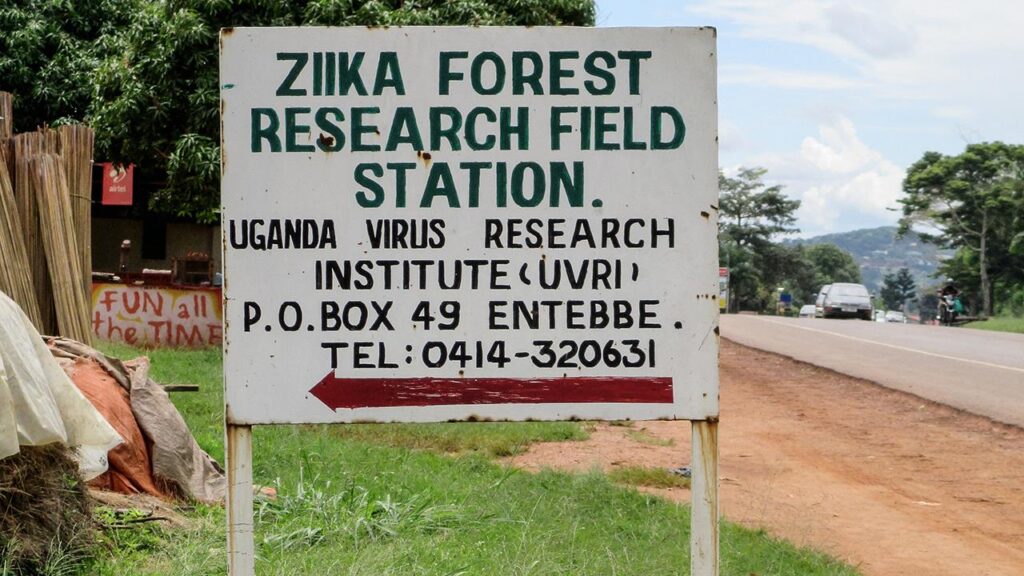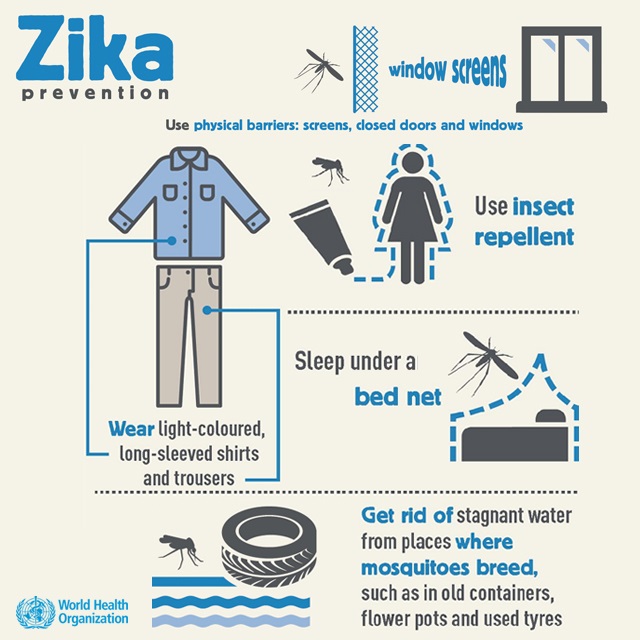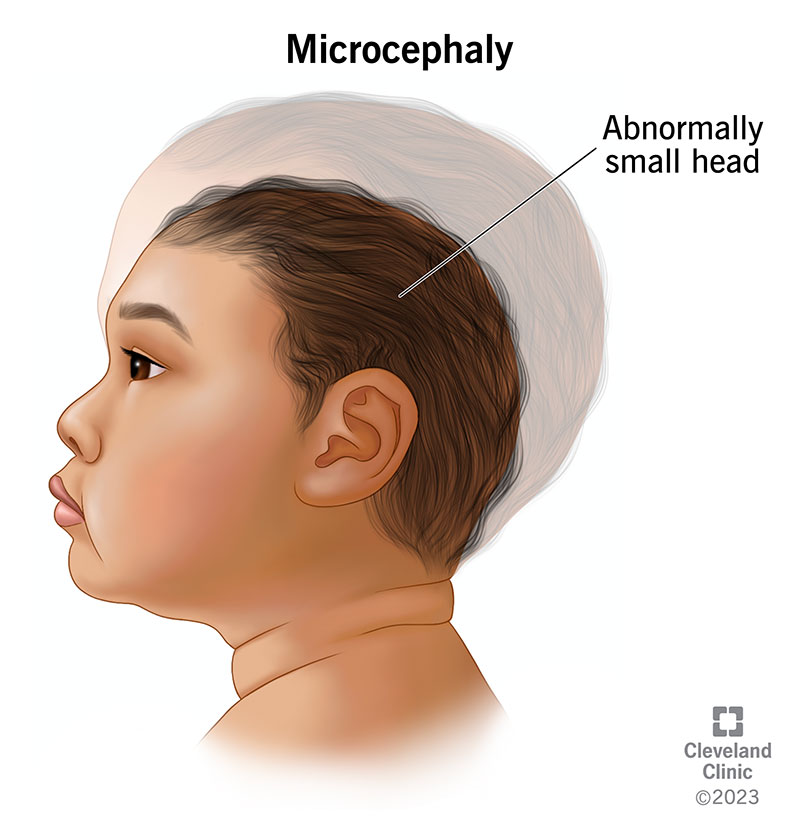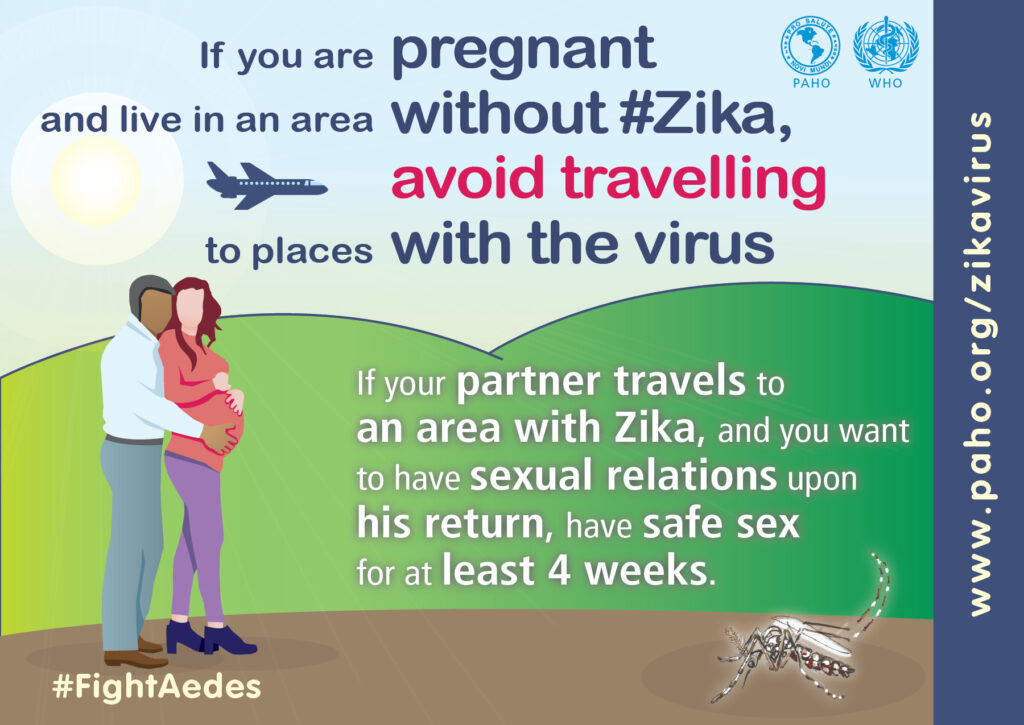
To grasp the Zika Virus, it’s important to start with its origins. This virus was first identified in the Zika Forest of Uganda in 1947. It belongs to the Flavivirus genus, which also includes dengue and West Nile viruses.
The primary carriers are Aedes mosquitoes. They infect humans through bites. Symptoms can include fever, rash, joint pain, and conjunctivitis. However, many people might not exhibit symptoms.
Transmission isn’t limited to mosquito bites. The virus can also spread through sexual contact, blood transfusions, and from mother to fetus during pregnancy. Recognizing these multiple transmission modes is crucial for prevention.
With these basics, you can better understand the Zika Virus’s nature and origins. Awareness helps in taking precautions and reducing risks. This knowledge is essential for curbing its impact on global health.
What is the Zika Virus and its origin
Zika Virus is a mosquito-borne illness caused by the Zika virus. It was first identified in 1947 in the Zika Forest of Uganda. Researchers discovered it in a rhesus monkey, and soon after, in humans as well.

The virus belongs to the Flavivirus genus. This group also includes other well-known viruses like dengue, yellow fever, and West Nile virus. It’s primarily transmitted through Aedes mosquitoes, which are active during the daytime.
Although it has existed for decades, significant outbreaks weren’t noted until 2007 in the Pacific Islands. Later, large outbreaks occurred in the Americas starting in 2015. These incidents captured global attention and highlighted the need for research and prevention efforts.
Symptoms and transmission of the Zika Virus
You’ll start noticing symptoms of the Zika virus typically within 2 to 7 days after being bitten by an infected mosquito. Common signs include fever, rash, joint pain, and red eyes. Some people also experience muscle pain and headaches.
For many, these symptoms are mild, but they can be more severe in certain cases. Sometimes, you might not even realize you’re infected because you won’t show any symptoms at all.
Transmission primarily occurs through mosquito bites from Aedes species. It’s also possible to contract the virus through sexual contact, blood transfusions, and from mother to baby during pregnancy.
Understanding how Zika spreads is crucial for taking steps to protect yourself and others. Awareness and precautions can significantly reduce the risk of infection. Always keep an eye on local health advisories, especially if you’re in or traveling to a high-risk area.
Prevention and Control Measures
You can take several steps to prevent Zika Virus infection. First, use insect repellent containing DEET or picaridin. Apply it whenever you are outdoors. Wearing long-sleeved shirts and long pants also helps reduce mosquito bites.

Stay in places with air conditioning or that use window and door screens. These reduce the chances of mosquitoes entering and biting you. Mosquito nets can offer extra protection, especially if you are sleeping outdoors or in areas without screens.
Remove any standing water around your home. Mosquitoes breed in stagnant water, so empty buckets, flowerpots, and other containers.
By taking these preventive measures, you can significantly lower your risk of contracting the Zika Virus.
Vaccines and treatments for Zika Virus
Researchers are working to develop effective vaccines for the Zika Virus. As of now, no vaccine is widely available. Scientists are conducting various clinical trials globally. New advances are promising, but they take time.
For treatments, there is no specific antiviral therapy yet. You can manage symptoms with over-the-counter medicines. Use acetaminophen for pain and fever relief. Avoid aspirin and non-steroidal anti-inflammatory drugs like ibuprofen until dengue is ruled out.
Rest and hydration are crucial for recovery. Drink plenty of fluids to prevent dehydration. Seek medical advice if symptoms worsen or if you’re pregnant. Healthcare providers can offer supportive care and monitor your condition closely.
Stay informed about new developments in vaccine research. Authorities often provide updates on progress. Staying up-to-date helps you make informed decisions about your health.
Zika Virus Outbreaks and Global Impact
The Zika Virus first made headlines with outbreaks in Africa and Southeast Asia. You may know it became a global concern during the 2015-2016 epidemic in Brazil. This outbreak spread quickly to other parts of the Americas. It prompted the World Health Organization to declare a public health emergency.
When you think about the Zika Virus, remember it affects not just health but also economies. Tourism dropped in affected regions, leading to financial losses. Pregnant women faced significant risks, which strained healthcare systems.
You should also be aware that mosquito control became a top priority. Governments launched campaigns to reduce mosquito populations. This effort helped limit the spread but required substantial resources.
Overall, the Zika Virus has a far-reaching impact. It’s more than just a health issue; it’s a socioeconomic challenge too. Stay updated and take precautions, especially if traveling to affected areas.
Impact of the Zika Virus on public health and economy
Zika Virus has a profound impact on public health. Outbreaks lead to increased healthcare costs. You see hospitals and clinics overwhelmed. Patients with severe symptoms require extensive care.
For pregnant women, the stakes are even higher. The virus can cause birth defects like microcephaly. The cost of lifelong care for affected children is substantial. You may also notice strain on mental health services. Fear and anxiety rise during outbreaks.

From an economic standpoint, tourism declines sharply. Many avoid traveling to affected areas. This impacts local businesses and economies. You could experience job losses and reduced revenue.
Agriculture and other industries also suffer. Workers may fall ill, affecting productivity. In summary, Zika Virus strains both healthcare systems and economies. You need robust measures to manage these widespread impacts effectively.
Risks of Zika Virus on pregnant women and unborn babies
If you’re pregnant, Zika Virus is especially dangerous. Contracting the virus can lead to severe birth defects in your baby. One major risk is microcephaly. This condition causes babies to be born with small heads and underdeveloped brains. It can result in lifelong cognitive and physical challenges.
Zika Virus can also disrupt fetal development in other ways. Neurological disorders, vision problems, and impaired growth are possible. The risks are highest during the first trimester of pregnancy. But, infection at any stage can be harmful.
It’s crucial to take preventive measures. Avoid areas with active Zika outbreaks. Use mosquito repellent and protective clothing. Also, make sure your partner takes precautions to prevent sexual transmission of the virus.
Consult your healthcare provider if you suspect exposure. Early detection and monitoring can help manage potential complications better. Protecting yourself protects your unborn baby, too.
Precautions for pregnant women in Zika-affected areas
Stay informed about areas with active Zika outbreaks. Avoid traveling to these regions if you can. If travel is unavoidable, take extra precautions.

Use mosquito repellent with DEET, picaridin, or IR3535. Reapply as directed. Wear long-sleeved shirts and long pants. Choose clothing treated with permethrin for added protection. Sleep under mosquito nets if you’re outdoors or in a room without air conditioning.
Keep mosquitoes out of your living spaces. Use screens on windows and doors. Ensure there are no standing water sources where mosquitoes can breed.
Talk to your partner about Zika risks. Practice safe sex to prevent sexual transmission of the virus. This includes the consistent use of condoms.
Consult your healthcare provider before and after traveling. Follow their advice for monitoring and managing potential health concerns. Your vigilance helps ensure a safer pregnancy.
Myths vs. Facts about the Zika Virus
It’s easy to get caught up in myths about the Zika Virus. One common myth is that the virus only affects pregnant women. In reality, anyone can get infected. There’s also a misconception that you can catch Zika through casual contact. The truth is, it’s primarily spread by mosquitoes and through sexual transmission.
You might have heard that Zika is always fatal. Actually, most people recover fully without severe complications. Another myth is that Zika can be prevented with a homemade remedy. Unfortunately, there’s no magic potion for prevention; sticking to recommended prevention methods is essential.
Don’t believe everything you read online. Trust reliable sources for accurate information. It’s crucial to separate myths from facts to protect yourself and others effectively from the Zika Virus. Stay informed and cautious.

Common misconceptions about the Zika Virus
Many people believe the Zika Virus only affects pregnant women. This isn’t true; anyone can get infected. Another myth is that casual contact spreads Zika. In reality, mosquitoes and sexual transmission are the main ways it spreads.
You might have heard that Zika is always deadly. Most people recover fully without severe problems. Some also think mosquito bites during the day are safe, but the mosquitoes that spread Zika bite during the day and night.
There’s a false belief that you can prevent Zika with homemade remedies. No magic potion exists; you need to use insect repellent and protective measures. Lastly, some say Zika is only a concern in tropical areas. But outbreaks have happened in many parts of the world. Don’t fall for these misconceptions; always check reliable sources.
Conclusion and Resources
Understanding the Zika Virus is crucial. You now know its origins, symptoms, and transmission methods. You’ve learned about prevention and available treatments.
Knowing past outbreaks and their impact helps you grasp the virus’s global significance. It’s especially important if you’re in a high-risk area or are pregnant.
Debunking myths is key. Distinguish facts from misconceptions to stay safe.
Stay updated with reliable sources. The Centers for Disease Control and Prevention (CDC) and World Health Organization (WHO) provide accurate information on Zika Virus.
Your health and safety come first. Use insect repellent, practice safe sex, and take travel advisories seriously.
For extra resources, visit the CDC and WHO websites. They offer the latest research, updates, and guidelines. Be proactive and informed about potential health risks. Stay safe and vigilant in protecting yourself and your loved ones.
Summary of key points about the Zika Virus
You’ve learned that the Zika Virus originated in Uganda in 1947. It primarily spreads through mosquito bites, especially from the Aedes species. Symptoms include fever, rash, joint pain, and conjunctivitis. Some cases are asymptomatic but still contagious.
Preventing mosquito bites is crucial. Use insect repellent and wear long-sleeved clothing. There are no specific treatments for Zika, so focus on relieving symptoms. Pregnant women should be extremely cautious as the virus can cause severe birth defects.
Past outbreaks have shown significant global impact, affecting public health and economies. Don’t fall for myths. Zika is not transmitted through casual contact or food.
Rely on trustworthy sources like the CDC and WHO for updates. Staying informed and taking preventive measures can protect you and your community.
Reliable sources for more information on Zika Virus research and updates
To stay informed about the Zika Virus, turn to reliable sources. The Centers for Disease Control and Prevention (CDC) offers up-to-date information on outbreaks, symptoms, and prevention tips. The World Health Organization (WHO) provides global insights and guidelines for managing the virus.
If you’re looking for research updates, check out websites like PubMed or the National Institutes of Health (NIH). These platforms provide access to scientific studies and latest findings. For travel-related advisories, the U.S. State Department and Travel Health Pro are essential resources.
Don’t forget to consult your local public health department’s website. They often have region-specific information and advice. Lastly, reputable news outlets like BBC Health or Reuters frequently report on Zika Virus developments. Staying informed through these trusted sources will help you make well-informed decisions for you and your community.
